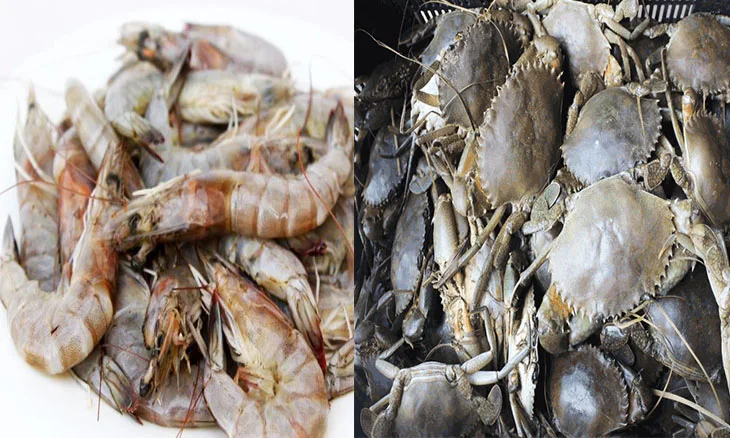The locals claim they were informed about the possibility of an attack on Mozambican and international forces that are collaborating in Cabo Delgado to combat terrorism, but there was not enough time to prevent the incident.
On Saturday afternoon, 29, the terrorist organization stormed the community and set fire to schools and places of worship before kidnapping and beheading the local chief and his wife. A third person was shot and died shortly.
"People were having a funeral when suddenly the al-shaabab (local name for the insurgents) emerged" close to the village, sending some fleeing in a panic and others fleeing toward a position of government forces, alerting them to the likelihood of the attack.
18 insurgents killed
It should be noted that on Wednesday, the 26th, the armed group killed one person and set fire to a Christian church and several houses in the Chiure district.
Earlier, on Sunday, the 22nd, the armed group attacked the main village of Macomia, killing seven people.
It should be mentioned that the armed group attacked the Chiure neighborhood on Wednesday, 26th, killing one person while torching a Christian church and several homes.
Seven people were killed when the armed group invaded the town of Macomia on Sunday, October 22.
However, during a clash with Mozambican authorities on Wednesday, 26, in the Cabo Delgado district of Nangade, at least 18 terrorists perished.
According to the sources, the group operates many sub-bases and periodic attacks on communities and vehicles on the routes in the area of the conflict.
The operation, which resulted in the rebels' deaths, was concentrated on a region where the band, which has been attacking Cabo Delgado towns and villages for five years, had recently made inroads.
However, in a confrontation with Mozambican forces, on Wednesday, 26 October, at least 18 terrorists died, in the district of Nangade, in the north of Cabo Delgado, sources linked to the incident assert.
In the region of the confrontation, the sources said, the group sporadically attacks villages and vehicles on the roads and maintains several sub-bases.
The operation, which resulted in the death of the insurgents, focused on an area where recent incursions had been recorded by the group, which has been attacking towns and villages in Cabo Delgado for half a decade.




